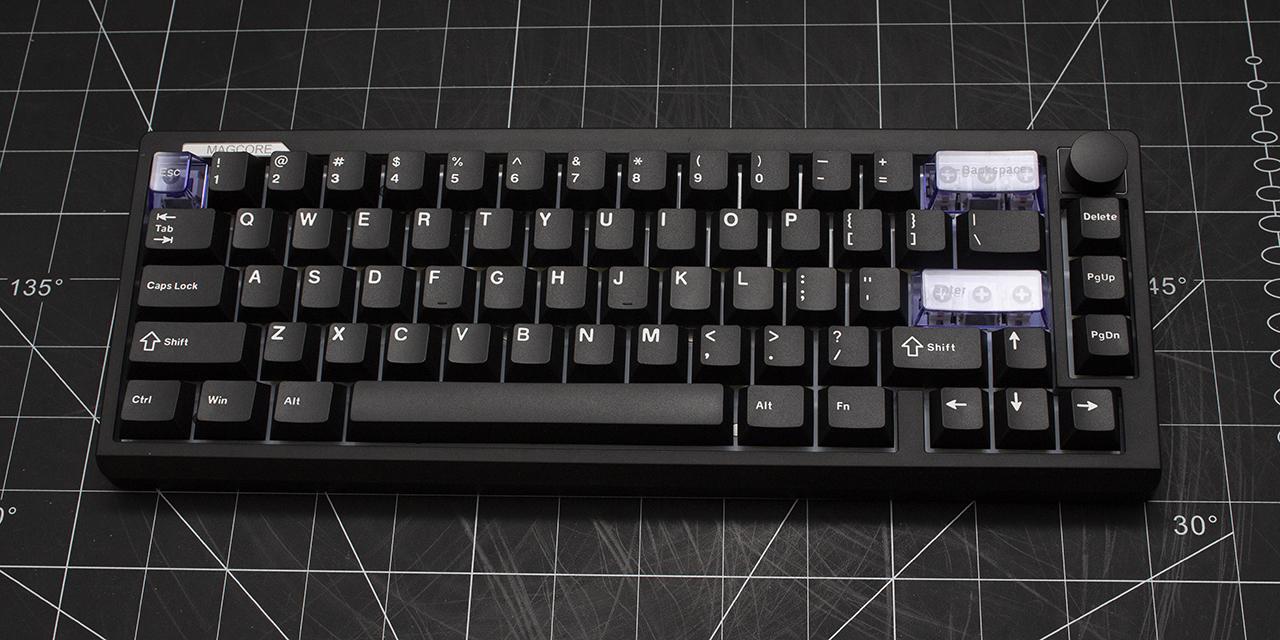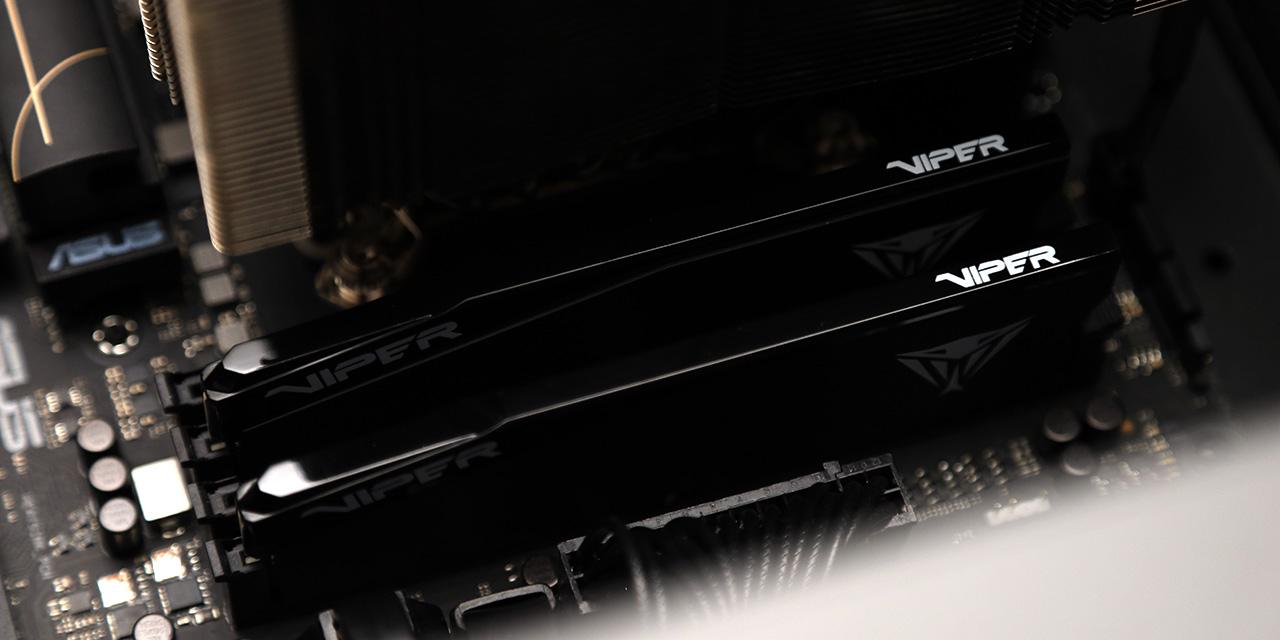|
From X-bit Labs: Hewlett-Packard on Wednesday said that it will continue the development and innovation of Intel Corp.'s Itanium-based Integrity server platforms with its HP-UX operating system using a roadmap that extends more than ten years. HP named Oracle's decision to drop Itanium support an anti-customer behaviour and an attempt to ensure success of Sun SPARC mission-critical servers. “Oracle continues to show a pattern of anti-customer behavior as they move to shore up their failing Sun server business. HP believes in fair and honest competition. Competition is good for customers, innovation and the marketplace. We are shocked that Oracle would put enterprises and governments at risk while costing them hundreds of millions of dollars in lost productivity in a shameless gambit to limit fair competition," said Dave Donatelli, executive vice president and general manager of enterprise servers, storage and networking at HP. Oracle is undergoing major changes after the acquisition of Sun Microsystems in 2010. As a result of the takeover, Oracle obtained a number of new servers, workstations, storage, services and software assets. In particular, Oracle got Sun SPARC microprocessor technology along with mission-critical server platform, which has been historically competing against Intel Itanium, IBM Power and other similar products. Naturally, development of software that supports Intel Itanium platform is not in Oracle's interests. On Tuesday Oracle announced that it would cease development of new versions of its software products for Itanium-based systems and noted that the IA64 platform was nearing the end of its life. Both Intel and HP deny the fact that they would end development of future mission-critical 64-bit platforms. HP will continue to support customers running existing versions of Oracle software on Itanium-based Integrity servers, both existing and future platforms, during the ten years timeframe. Last year, HP launched "the industry’s most modern mission-critical architecture in more than a decade". This constitutes the longest published roadmap of any UNIX vendor in the industry, according to HP. HP remains committed to supporting its customers and their applications through the next decade and beyond. HP moved ahead into second position in the Unix market while Sun lost share and fell back into third since Oracle announced it would acquire Sun in April of 2009, based on HP's own analysis based on published market data. View: Article @ Source Site |
 |
HP: We Will Support Itanium, HP UX for More Than Ten Years
© Since 2005 APH Networks Inc. All trademarks mentioned are the property of their respective owners.





